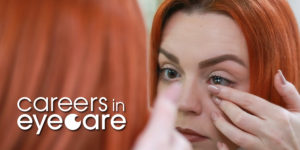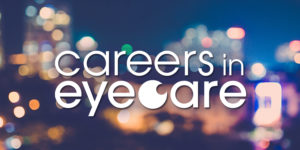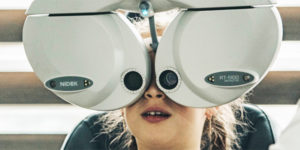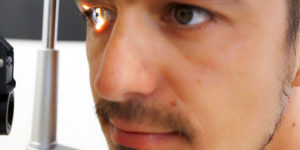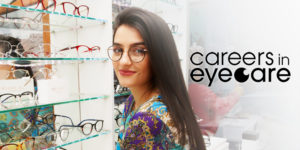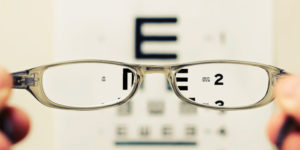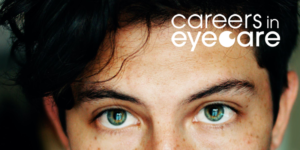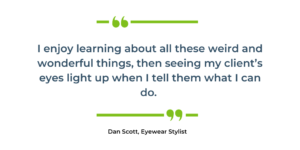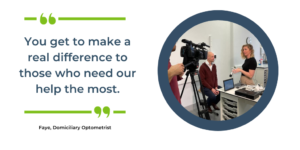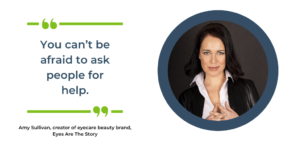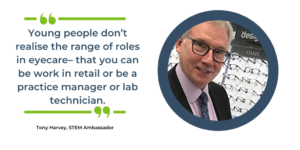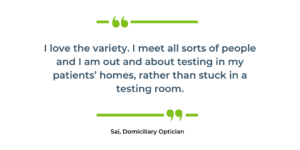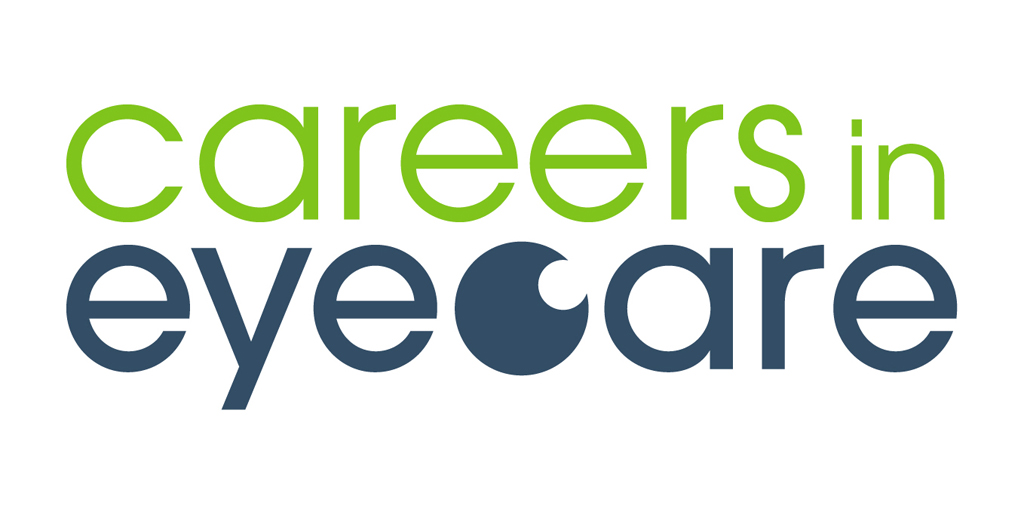Careers in Eyecare Science & Health careers Retail careers
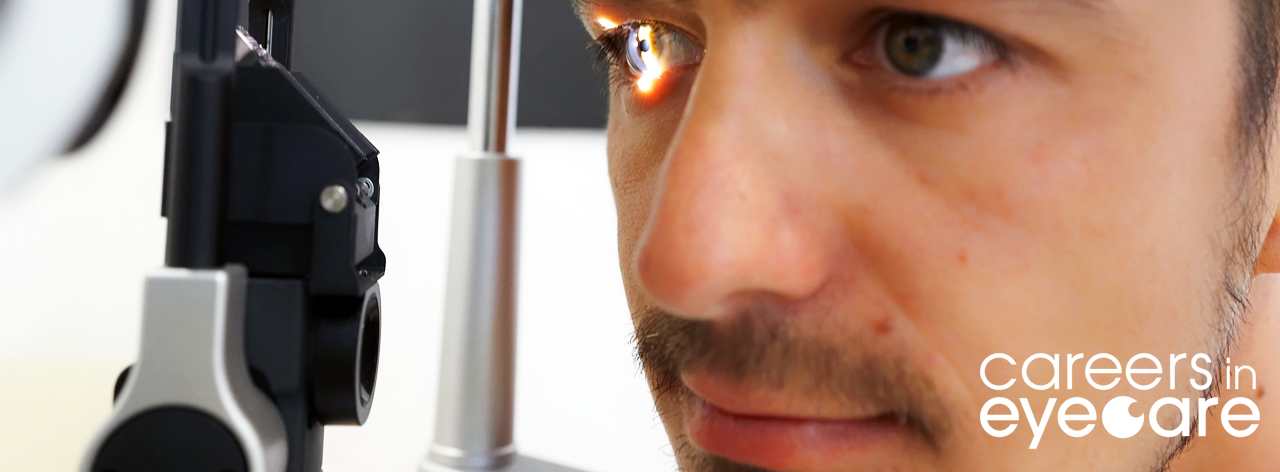
How to become an Ophthalmologist: Career Guide
Careers in Eyecare Science & Health careers
What is an ophthalmologist?
Ophthalmologists are medically trained doctors who care for patients who have eye conditions. They manage those with acute and long term eye disease and treat patients of all ages.
What do ophthalmologists do?
An ophthalmologist is a doctor who specialises in the branch of medicine dealing with the diagnosis, treatment, and prevention of diseases of the eye and visual system. An ophthalmologist is medically trained, and commonly acts as both physician and surgeon examining, diagnosing and treating diseases and injuries in and around the eye
What do you get from this role?
A career in ophthalmology gives you the chance to help people make the most of their vision as you diagnose and treat eye disease. You will work closely with doctors in other specialities and members of the ophthalmology team such as ophthalmic nurses.
With a surge in exciting new technology and treatments in recent years, ophthalmologists can manage patients with ocular diseases in a much more effective way, and this trend is likely to continue.
What do you need to apply?
Entry requirements for degree courses vary because each university sets its own entry criteria, but you are likely to need at least three A-levels, Highers, or equivalent qualifications at Level 3, plus supporting GCSEs including English, maths, and a science (usually biology or human biology).
Courses often specify preferred or essential A level, Higher, or equivalent subjects, such as biology and chemistry, with some schools preferring a third related science subject. It is important to check individual requirements with each university.
What skills do you need?
An ophthalmologist needs to combine great people skills with a high level of knowledge and technical skills.
They need the ability to communicate effectively and empathically with patients – eye problems can cause a considerable degree of anxiety. excellent manual dexterity, good hand-eye co-ordination and good vision, along with excellent organisational and time management skills.
Good problem-solving and decision-making skills, the ability to work well within multidisciplinary teams and a willingness to work with constantly changing technologies are also all key skills for an ophthalmologist.
What does your working day look like?
It is Monday afternoon and you are about to perform cataract surgery on Mrs B’s right eye. She has very dense cataracts reducing her vision to only counting fingers (in each eye). She had been struggling to look after her grandchildren during the day when her children were at work, and could hardly see to watch television. Although she managed to get around at home, she was scared to go out on her own. Surgery is straightforward and Mrs B goes home a short while later. The following morning your secretary gets a phone call from Mrs B’s daughter who wants to speak to you urgently. She tells you that her mother is overjoyed, and is in floods of tears because she is so happy as she can now see her grandchildren clearly for the first time in a number of years. All the family wish to thank you for restoring her sight. For you, there is a real sense of purpose and achievement.
Find out more about the working life on an ophthalmologist and read a first-hand account from ophthalmologist Kavita.
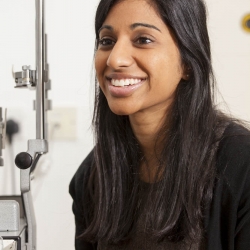
How do you train to become an ophthalmologist?
To become an ophthalmologist, you need to first study medicine at university, and complete your foundation years. Following this, doctors apply for specialist training; in ophthalmology this normally lasts seven years, is competence based and leads to a Certificate of Completion of Training (CCT). Find out more here from The Royal College of Ophthalmologists.
Find out more with NHS Medical Careers
Careers in eyecare - FAQs
There are a number of people who work in an optical practice:
- the optometrist
- the dispensing optician
- optical assistants (often more than one)or receptionists.
In some practices you will also find a laboratory where optical technicians make spectacles.
Click the links to find out more about these eyecare careers and how you can get into them!
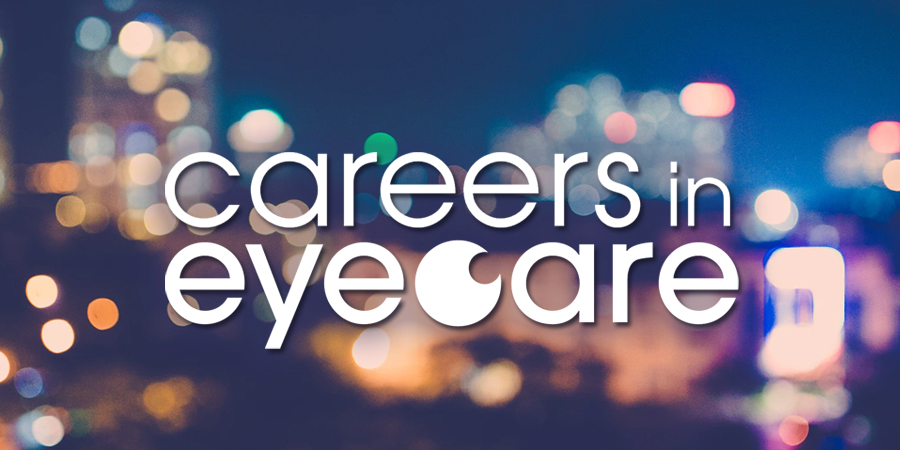
There are a number of people who work in an optical practice!
The first person you will meet is likely to be the receptionist who can book your appointment.
You may also meet an optical assistant in the front of the practice. They can assist you to choose frames and lenses and some (as can an optical sales representative). They may also be trained to carry out initial assessments before your eye test.
The optometrist is the person who examines your eyes. They will then pass you on to the dispensing optician who is trained and qualified to offer the best advice on frames and lenses to suit your lifestyle and prescription.
In some practices you will also find a laboratory where optical technicians make spectacles. When you return to collect your new specs they may be fitted by the dispensing optician or an optical assistant.
If any of these eyecare careers sound like something you might be interested in, click the links to find out more.

A dispensing optician (DO) advises on, fits and supplies the most appropriate spectacles after taking account of each patient’s visual, lifestyle and vocational needs.
Dispensing opticians also play an important role in advising and dispensing low vision aids to those who are partially sighted as well as advising on and dispensing to children where appropriate.
They are also able to fit and provide aftercare for contact lenses after undergoing further specialist training.
Career opportunities also exist to develop business skills in marketing and practice management.
See how to become a dispensing optician!
Dispensing Optician Career Guide
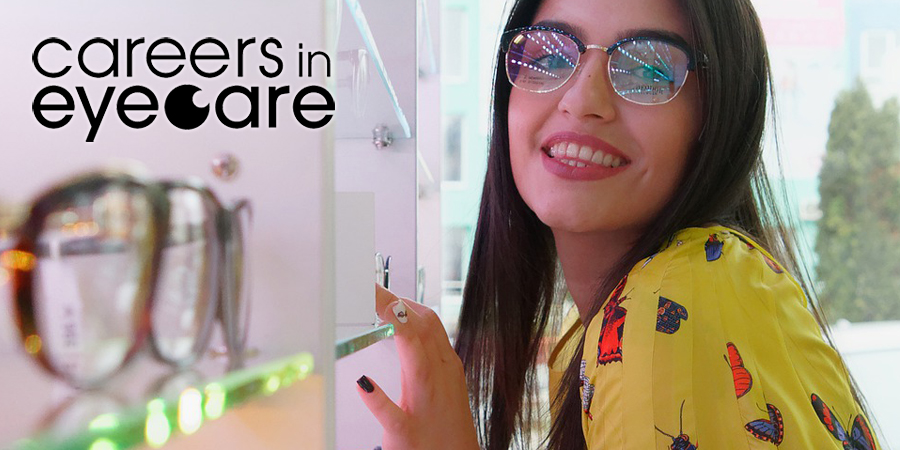
What is a contact lens optician?
A contact lens optician (CLO) is a specialist practitioner who is trained and qualified to fit, and provide aftercare for, patients with contact lenses. Contact lens opticians assess whether contact lenses meet the needs of the person, resolving clinical and tolerance issues, and remain responsible for clinical decisions enabling them to provide continuity of care.
The contact lens speciality is open to dispensing opticians only and involves extra study and clinical practice. Once the specialist training is completed and competence assessed, practitioners must register their speciality with the General Optical Council. They are then able to perform additional duties to those of a dispensing optician.
How do I become a contact lens optician?
Once you have qualified as a dispensing optician you can go on to study and specialise in fitting contact lenses to help you become a contact lens optician.
This course is delivered by a method called ‘blended learning’ that consists of practice based learning, block release and distance learning coursework. You receive coursework material to work through and assignment questions to answer for each part of the course. A personal tutor will mark it for you and return it to you with feedback. As the course is at advanced level, you will also need to undertake some additional research and read around the subject in order to gain a thorough understanding of the subject.
While you are studying for your CL Cert you will be training in contact lens practice. You and your supervisor will be issued with a workbook to guide you both through this part of your training. You will learn practical skills from your supervisor and work with patients in practice (under supervision) to perfect these skills. To become a contact lens optician, you will also need to complete a set number of case records that you build up over a one-year period and makes up a part of your final examinations.
The approved training course for the contact lens speciality is run by ABDO College and Bradford College.
See how to become a contact lens optician!
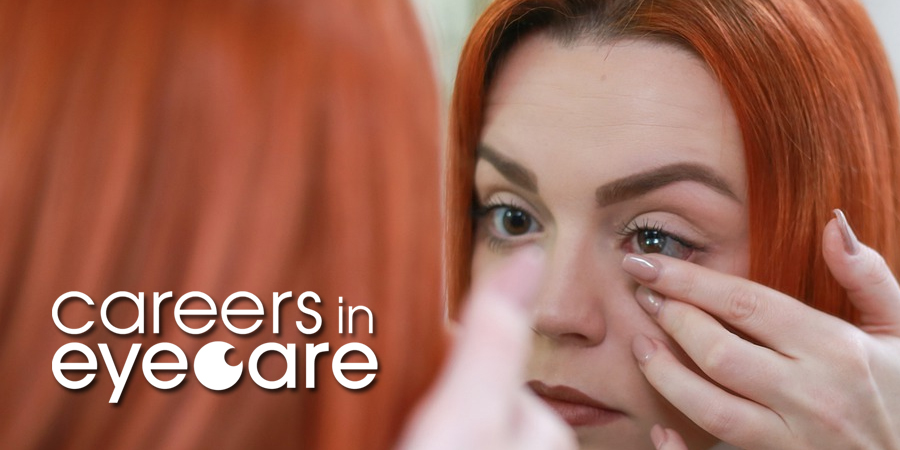
A low vision optician is a dispensing optician who has additional qualifications to support people who are blind or partially sighted, offering advice, assessment and relevant equipment to allow them to make the most of the sight that they have.
Low vision courses are offeed by ABDO College and WOPEC.
See how to become a low vision optician with our career guide.
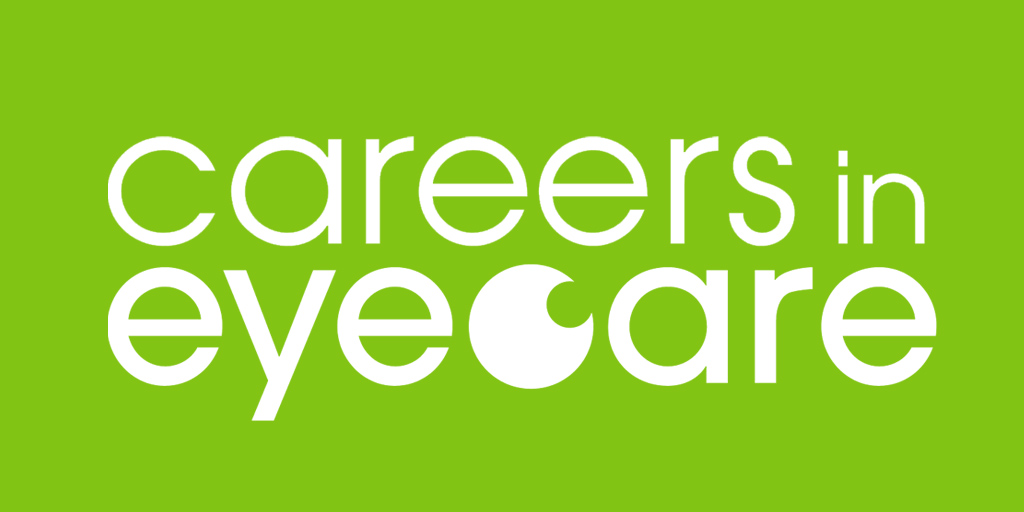
What does an optical assistant do?
An optical assistant works under supervision in an optical practice to assist people with choosing frames and lenses. Some optical assistants also have training to allow them to carry out initial assessments before an eye examination such as autorefraction.
How do I train to become an optical assistant?
If you are interested in becoming an optical assistant, you need to apply for a position in an optical practice that offers on the job training. As you work you will be given the chance to study for a optical assistant qualification via ABDO College.
See how to become an optical assistant.
Optical assistant careers guide

What does an optical technician do?
An optical technician is trained and qualified to make or ‘glaze’ spectacles. They work in an optical lab which may be attached to an optician’s practice. They may also progress within industry to become senior management in optical manufacturing organisations.
How do I train to become an optical technician?
If you are interested in becoming an optical technician, you need to apply for a position in an optical lab that offers on the job training. As you work you may be given the chance to study for a qualification or complete an apprenticeship.
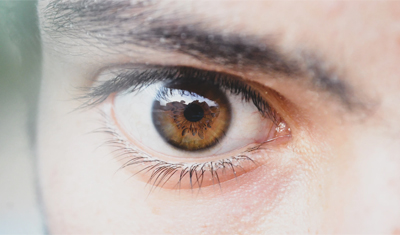
Optometrists study a three or four-year degree course at a university. There are ten universities that currently offer training in Optometry.
After completing the degree, trainee optometrists need to go on to complete a pre-registration year where they practice under supervision of a qualified optometrist, write up case records and take further practical exams.
All optometrists need to be registered with the General Optical Council.
See how to become an optometrist with our career guide.
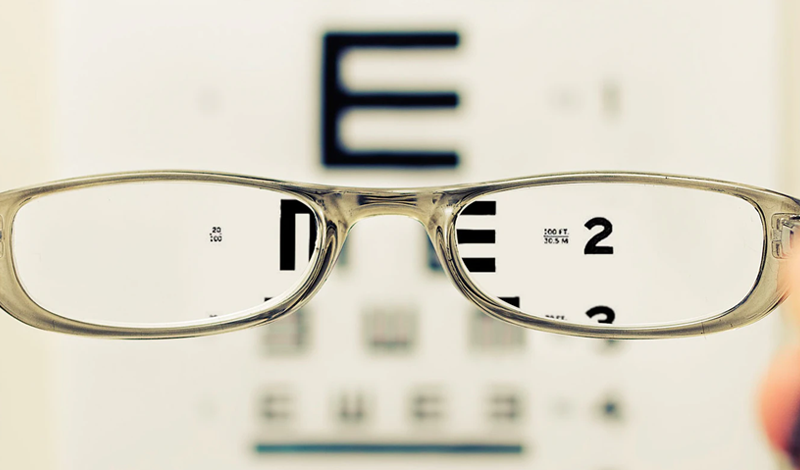
The eye and visual system can be affected by a range of clinical conditions. Ophthalmology is a branch of medicine dealing with the diagnosis, treatment and prevention of diseases of the eye and visual system. There are a number of professions associated with this area of work. For example, you could train to become an opthalmologist, ophthalmic nurse, or orthoptist.
What is an ophthalmologist?
An ophthalmologist is a trained doctor who specialises in eyes.
What is an ophthalmic nurse?
An ophthalmic nurse has qualified as a nurse before going on to specialise in eyes. You will find them in a hospital eye clinic, providing care for people with eye diseases.
What is an orthoptist?
An orthoptist specialises in investigating, diagnosing and treating defects of binocular vision and abnormalities of eye movement. You will find most orthoptists working in a hospital setting, helping children who have squint or lazy eye (amblyopia).
Click the links to find out more and explore possible routes into these careers.

An eye clinic liaison officer (ECLO) is based in an eye clinic. They are there to talk to people who may be newly diagnosed with sight loss, and to help them get emotional and practical support from local voluntary organisations, health and social care. Eye clinic liasion officers can help you understand more about your eye condition.

You have lots of options when it comes to exploring a career in eyecare after school. You don't always need a degree - you can take your next steps through alternative routes, from traineeships to apprenticeships and beyond. These tips can help you get started -
Results day tips - what next if you didn't get the grades for university?
Job application tips - DOs and DON'Ts
How to prep for job interviews - example interview questions
Tips on using traineeships to build skills and experience
Tips for successful online learning
Tips for successful Optical Assistant apprenticeships

Eyecare career guides
These eyecare career ideas could be a great match for you. See what's involved and how to get started...
-
Contact Lens Optician – ABDO Careers in Eyecare
-
Dispensing Optician – ABDO Careers in Eyecare
-
Eye Clinic Liaison Officer (ECLO) – ABDO Careers in Eyecare
-
Lens Designer – ABDO Careers in Eyecare
-
Low Vision Optician – ABDO Careers in Eyecare
-
Ophthalmic Nurse – ABDO Careers in Eyecare
-
Ophthalmologist – ABDO Careers in Eyecare
-
Optical Assistant – ABDO Careers in Eyecare
-
Optical Laboratory Technician – ABDO Careers in Eyecare
-
Optical Practice Manager – ABDO Careers in Eyecare
-
Optical Sales Representative – ABDO Careers in Eyecare
-
Optometrist – ABDO Careers in Eyecare
-
Orthoptist – ABDO Careers in Eyecare
-
Vision Rehabilitation Assistant – ABDO Careers in Eyecare
Eyecare career tips and insights
YES! I Want More Free Careers Help...
So what are you waiting for? Grab your future.

